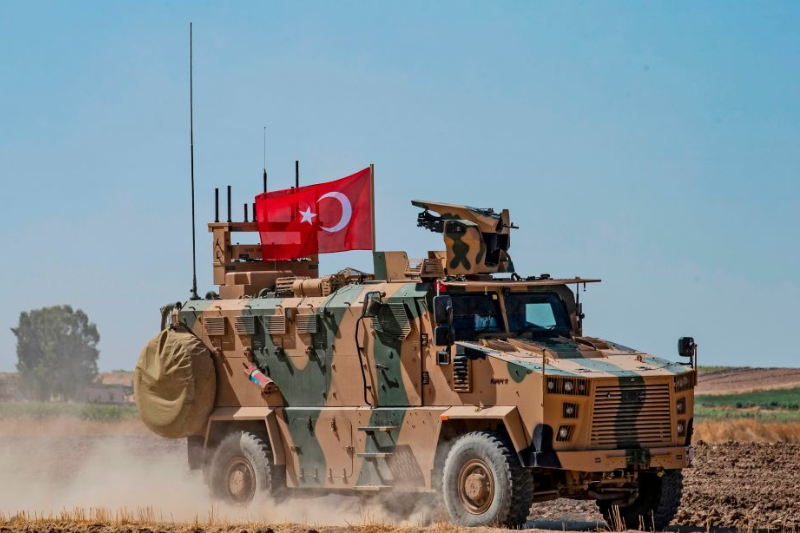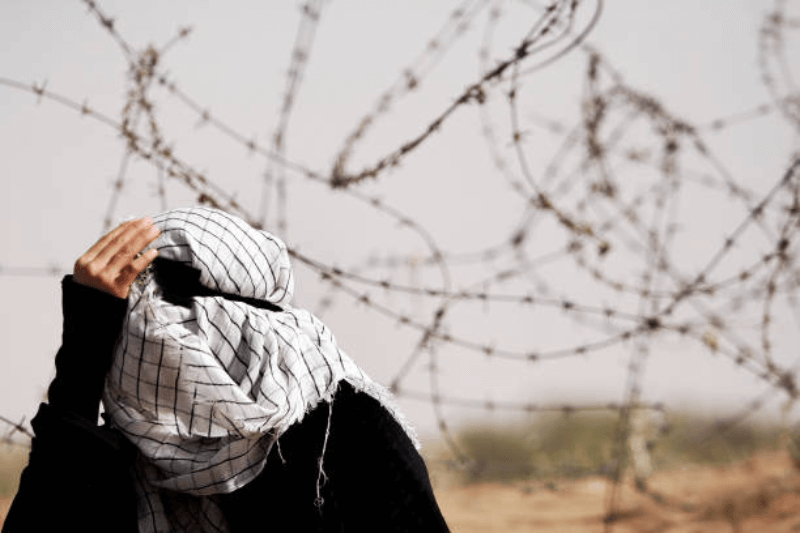
No Endgame as Syria Conflict Rolls On, Turkey Targets Kurds
The civil war in Syria continues to claim more lives, this time two women fighters, Kurds, with the US-backed Syrian Democratic Forces. They were killed in a Turkish drone strike on Friday.
Time and again the United Nations has raised concerns about the worsening situation in Syria, but to no avail. With roots back to the civilian protests in 2011 and rise of radical Islamist groups like the ISIS, Syrian conflict evolved into a regional and global proxy war.
Syria: a Global Proxy War
The conflict now has the US, Russia and Turkey as major players. The fighting seemed to wane over in the northwestern Idlib region, but kept flaring up. This region is volatile. Time and again, there are high-intensity fights, added on by the humanitarian crisis. This ongoing conflict has displaced millions of people.
According to the UN Refugee Agency, around 5.6 million people have fled Syria. The Special Envoy of the Secretary-General for Syria recently warned the Syrian people, inside and outside the country, continue to suffer. The Syrian currency has lost 80 percent of its value in the last three months, and prices of goods are skyrocketing.
The envoy highlighted that Syria cannot be fixed while it is in a state of conflict.
Keep Reading
Turkey and Kurds Dominated SDF
Turkey continues with its drone strikes in Kurdish-controlled areas of Syria. Earlier this month, the area witnessed clashes between the pro-Turkish fighters and the SDF, wherein the latter retook a village, leaving at least 90 people dead. The SDF blames Turkey for cowardly drone strikes.
Though an ally of US, SDF is a foe for Turkey because of its links to the Kurdistan Workers’ Party. Both sides have been blaming each other. Turkey has also been targeting Kurdish fighters (Peshmerga) in Iraq. Turkish forces have regularly targeted PKK bases in Iraq and in 2019 launched Operation Claw – a land and ground assault.
Turkey wants to deter the Kurds from establishing an independent state in Syria, as it could accelerate separatism and secessionist movements in other Kurdish areas.




